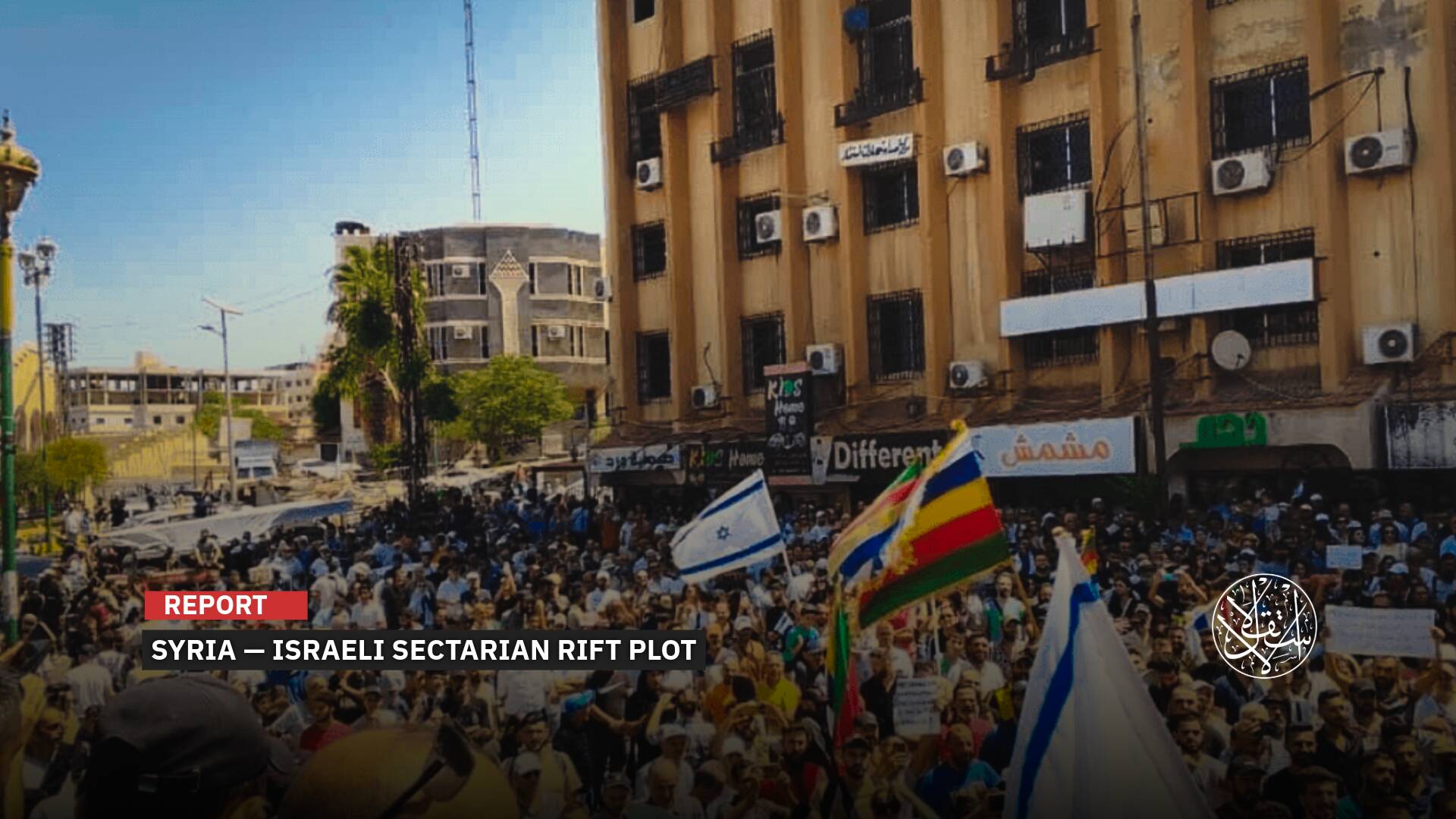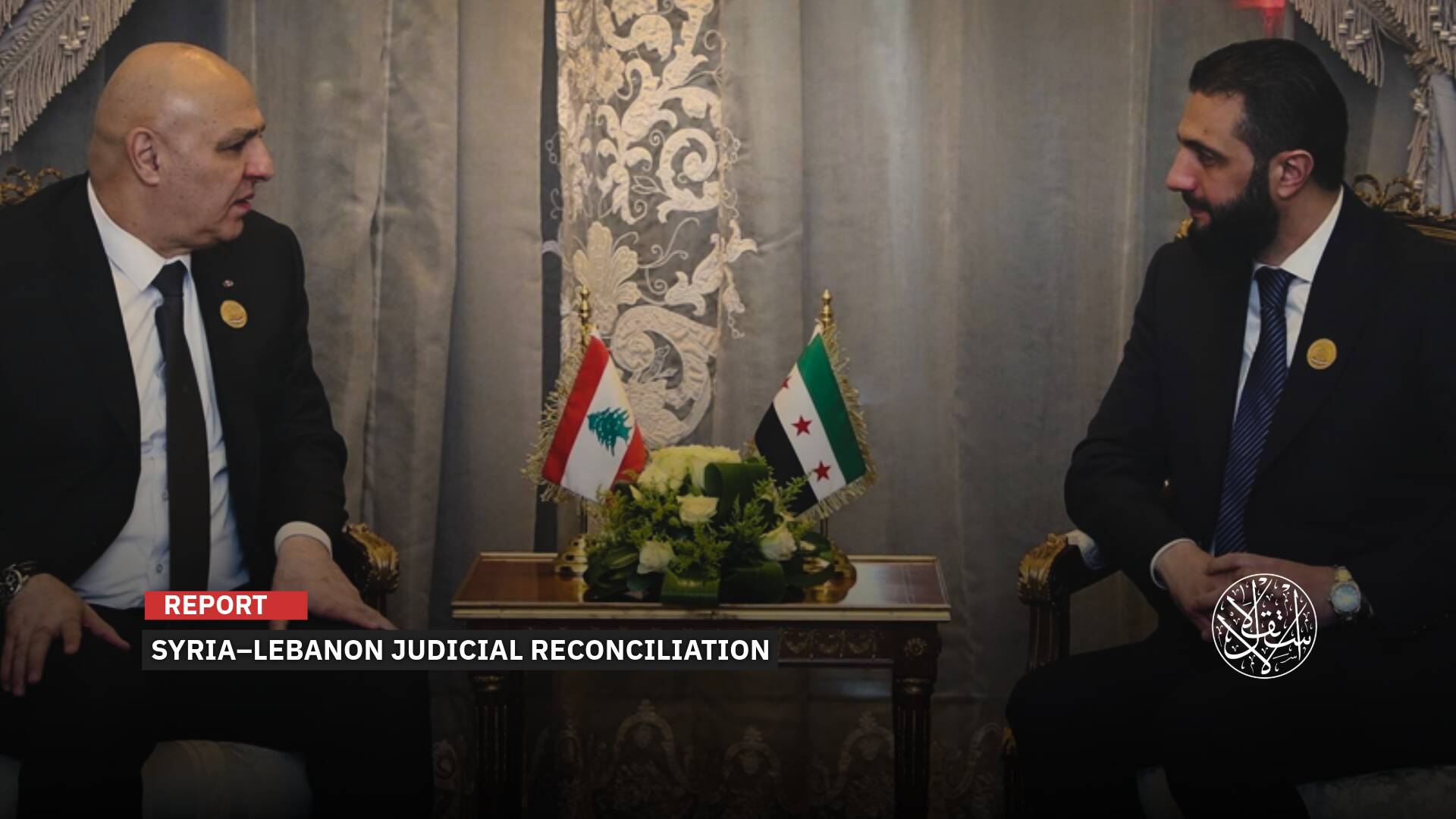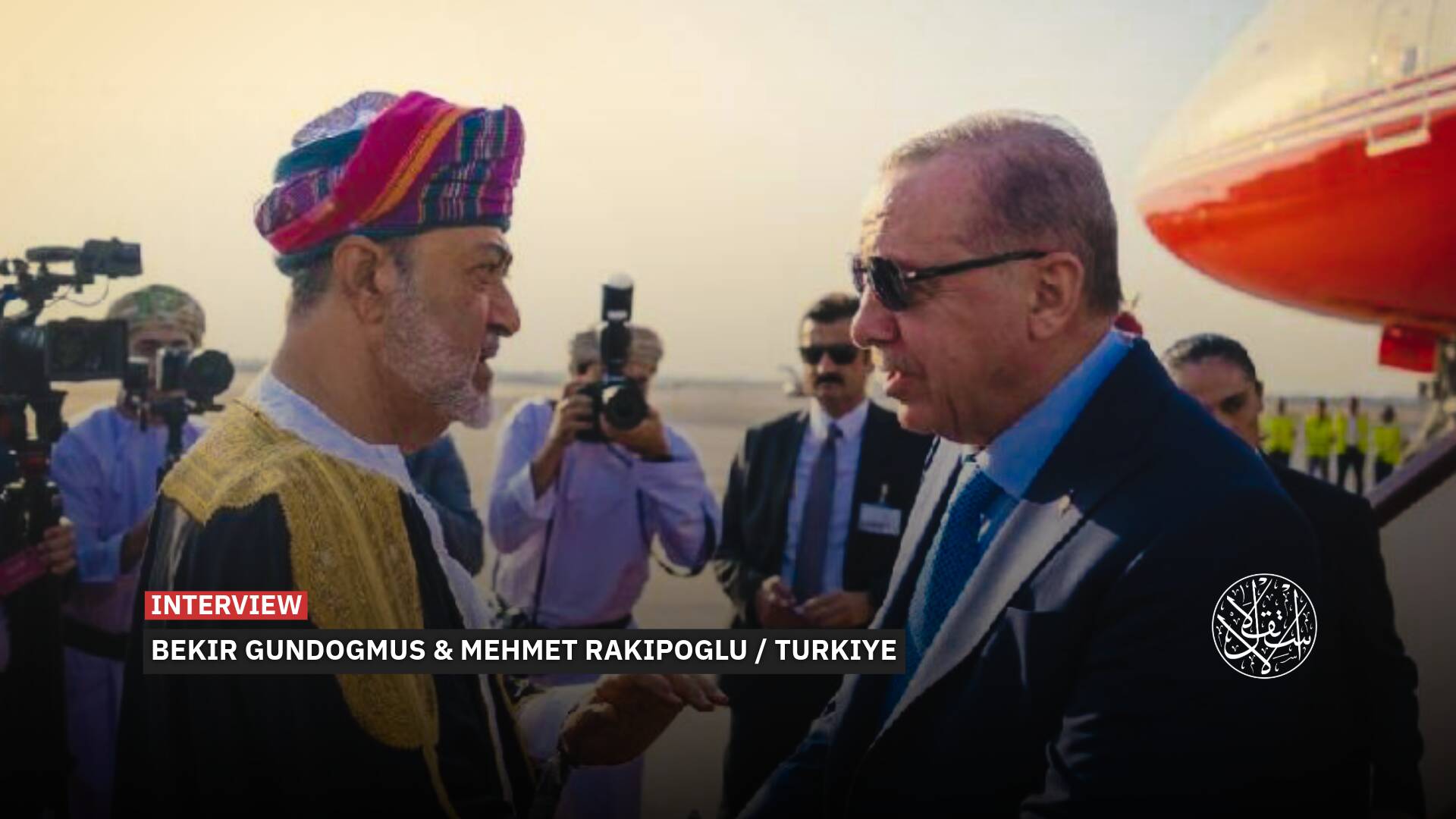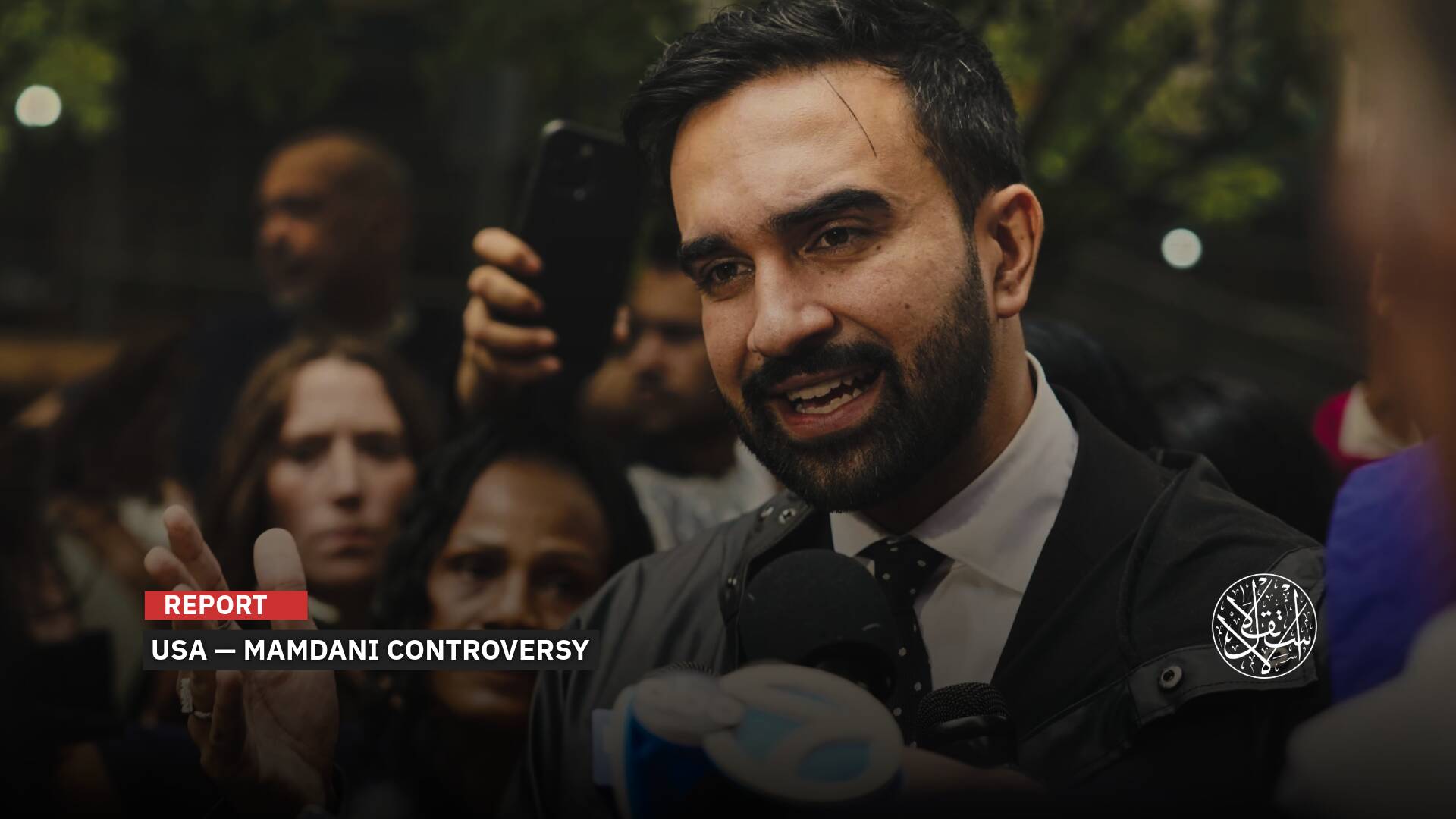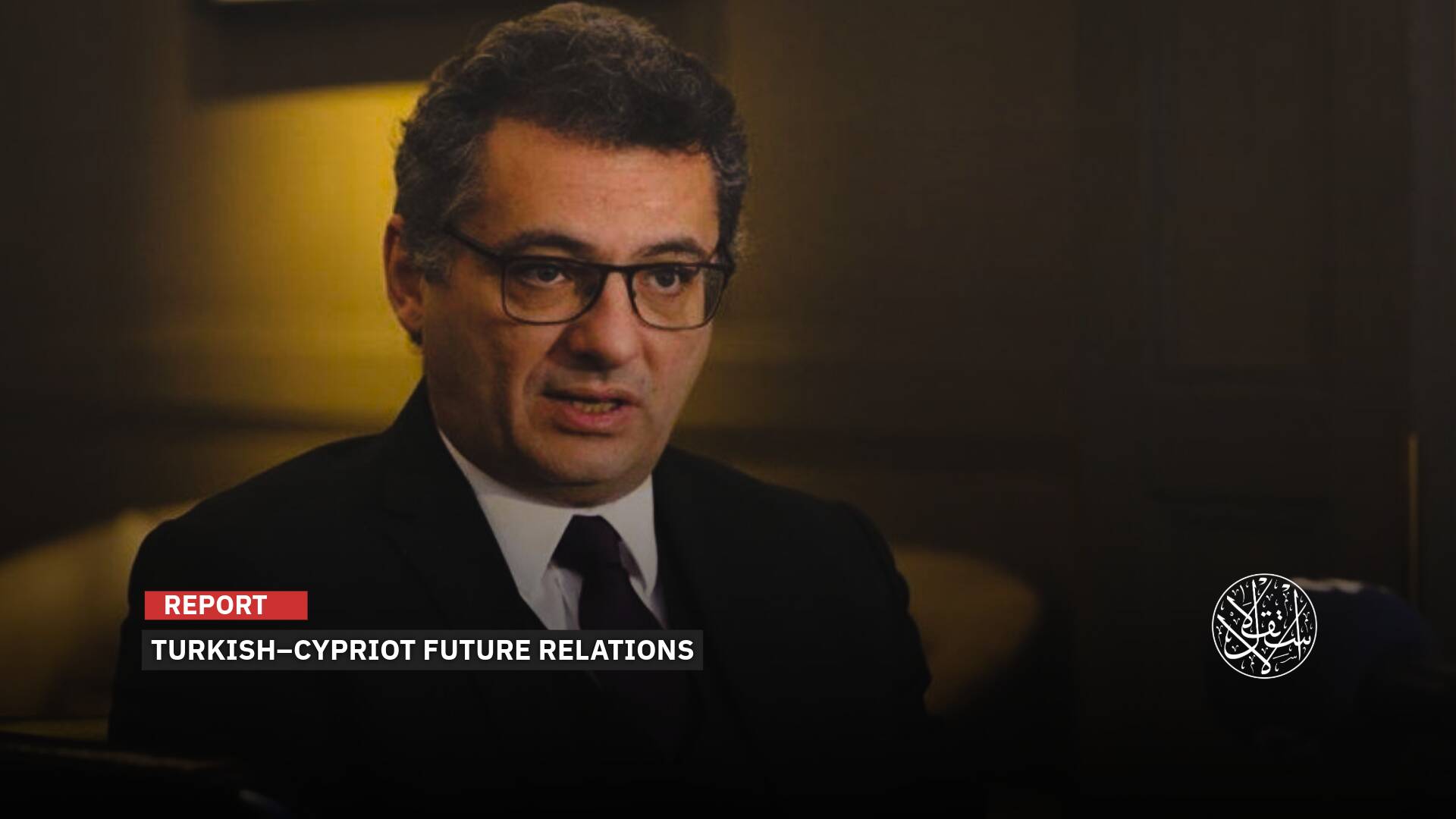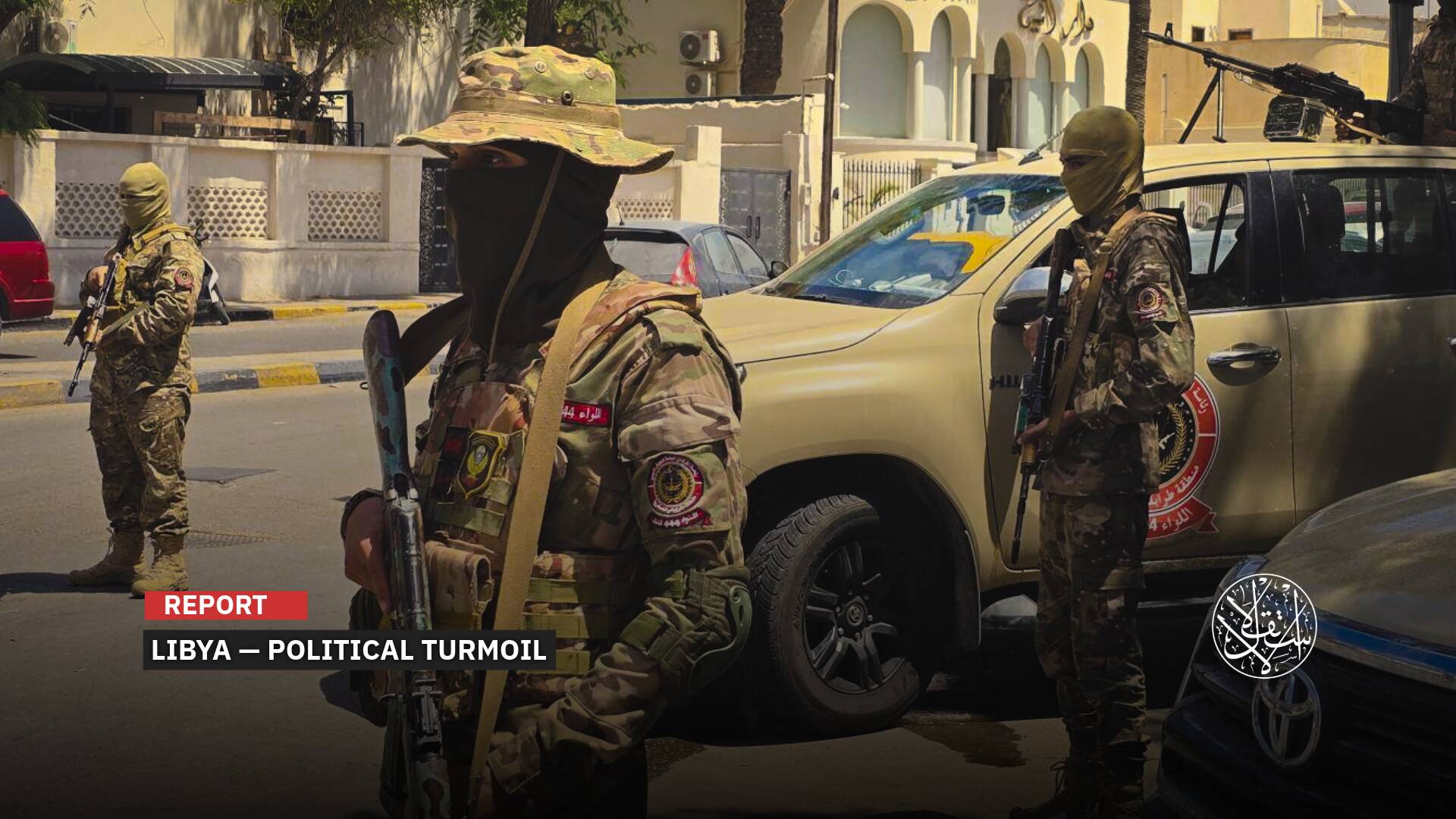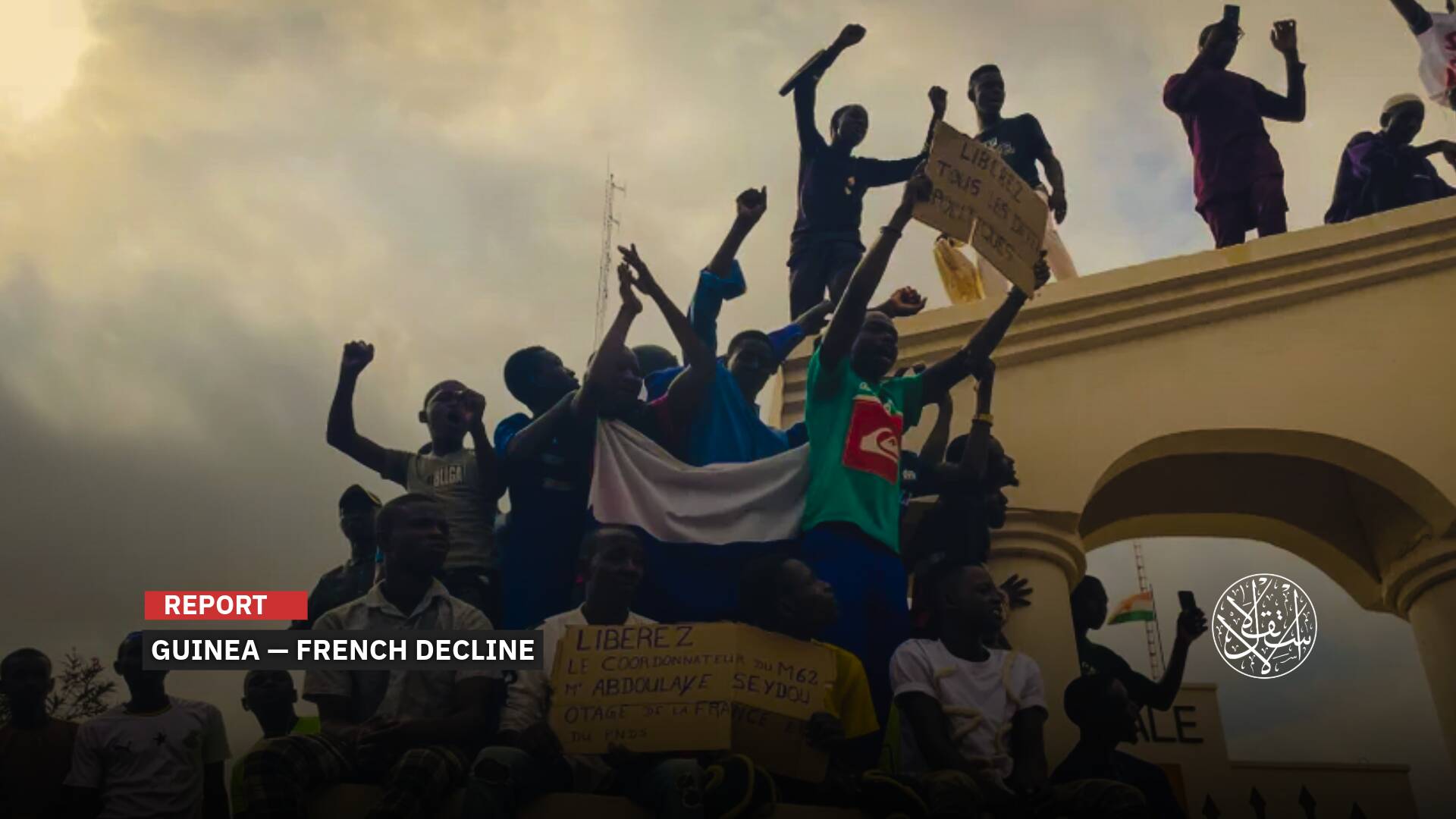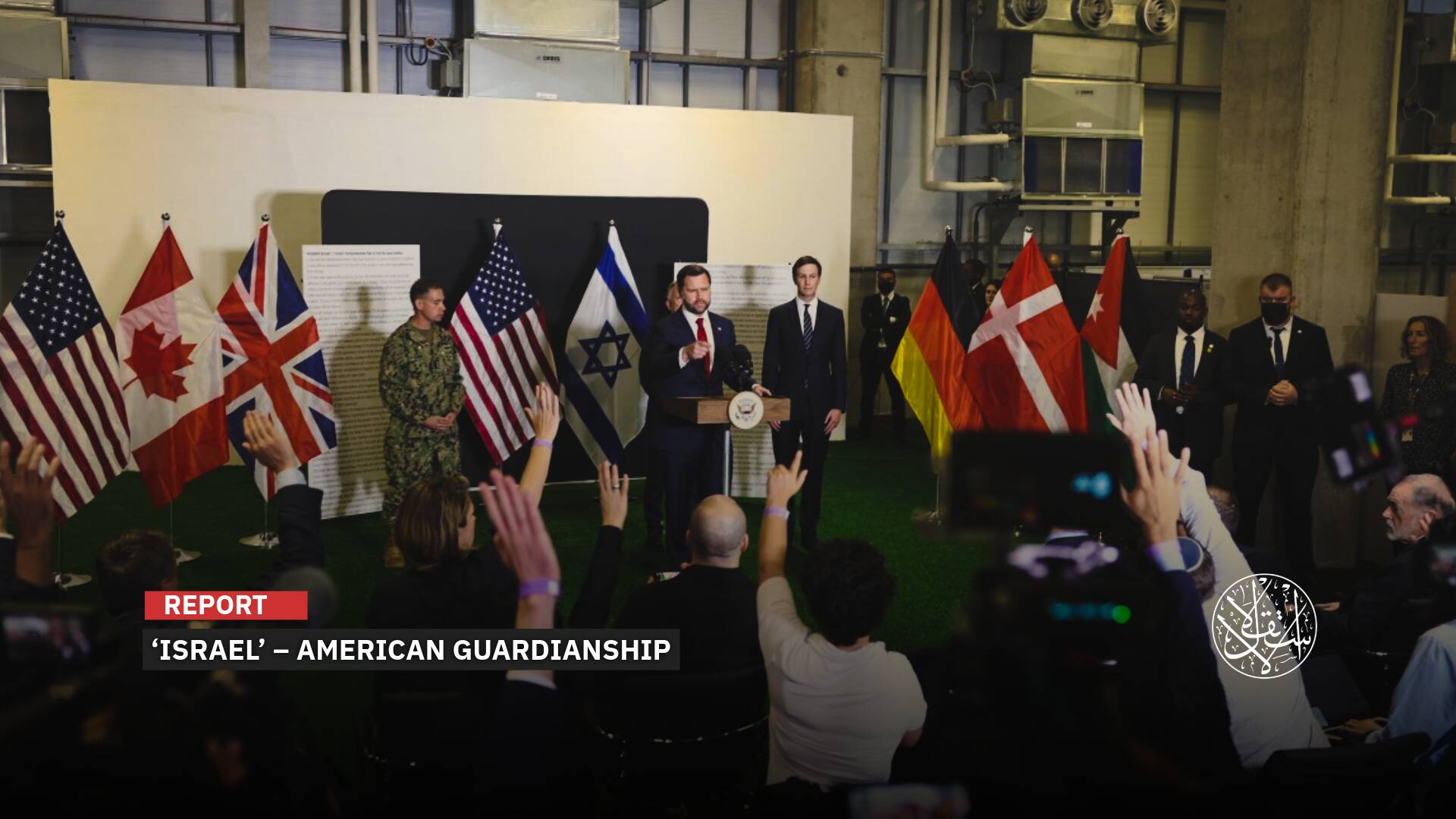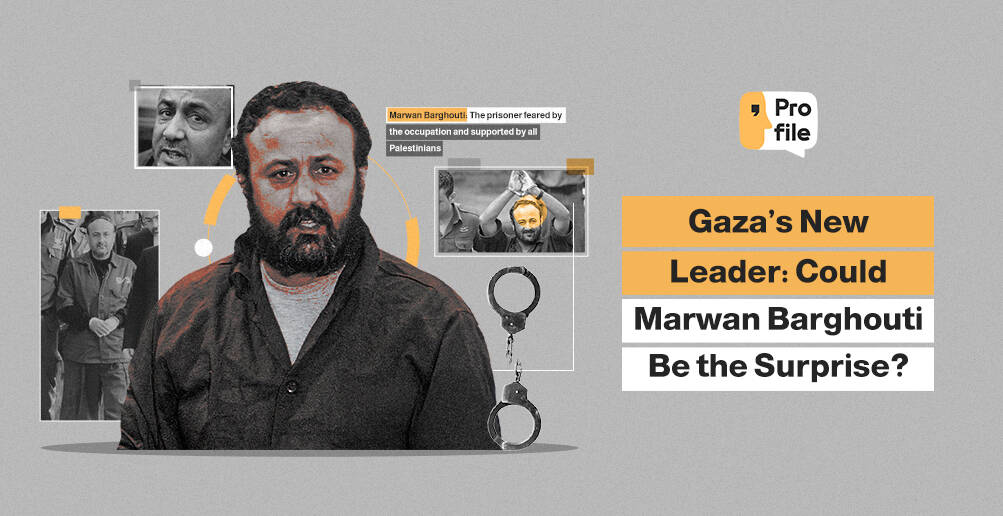Will ‘Israel’s’ Strike on Qatar Push It to Abandon Its Mediation Role in Gaza?
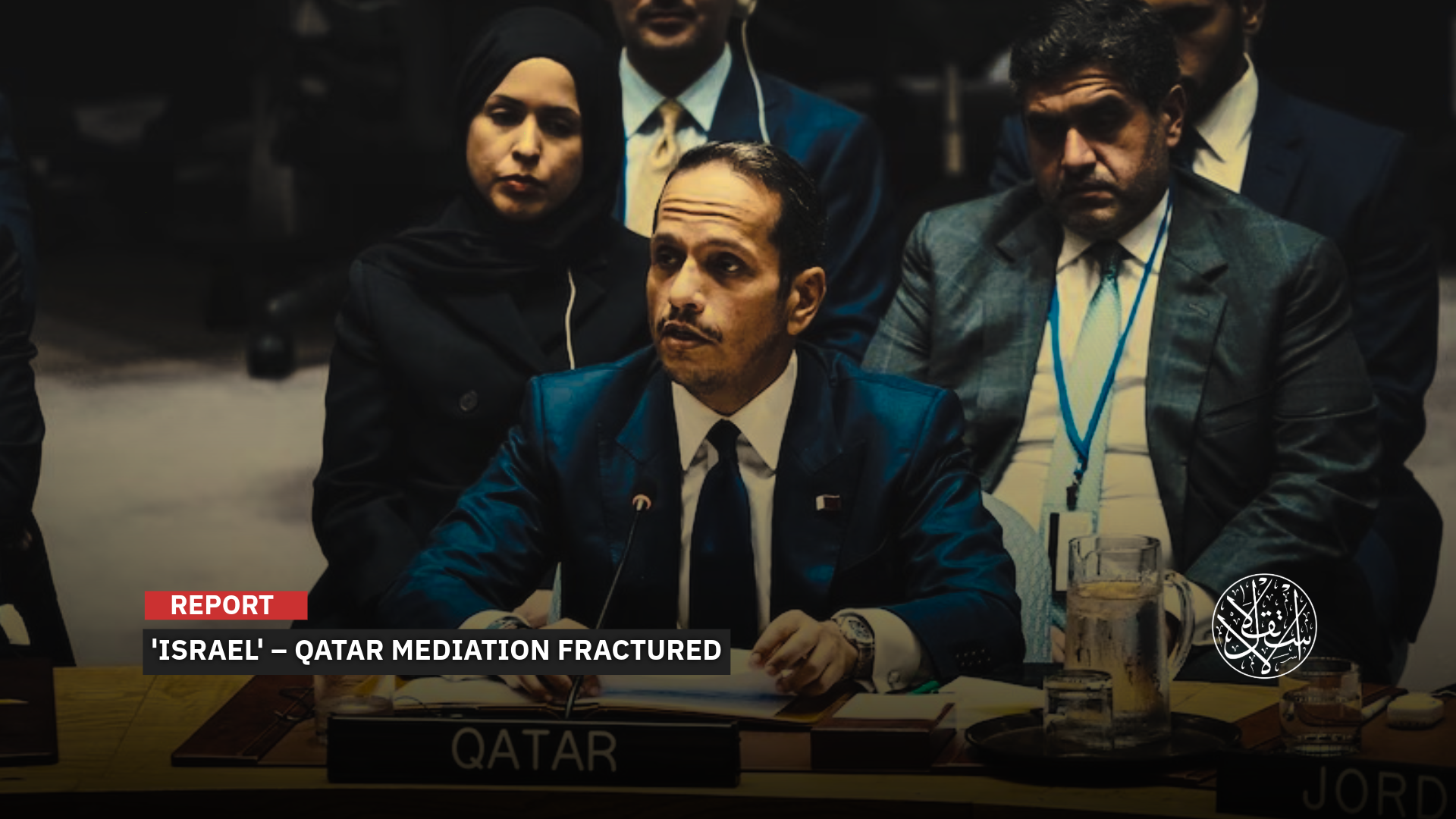
Qatar is unlikely to maintain its role as mediator following the Israeli missile strike.
Ceasefire negotiations in Gaza have entered a bleak and uncertain phase after “Israel” targeted senior Hamas officials in Qatar during a meeting to discuss the latest U.S. proposal.
Talks had long been deadlocked, with “Israel” refusing to end its military campaign or withdraw from the Gaza Strip. But the future of the negotiations reached a new low following what Hamas has called an assassination attempt on its delegation.
On September 9, 2025, “Israel” launched an attack on residential compounds housing members of Hamas’s political bureau in Doha. Hamas later confirmed that its top officials had survived what it described as a “cowardly assassination attempt.”
The strike, however, targeted the Gulf state currently acting as a key mediator in the ceasefire efforts. It resulted in the killing of Jihad Lubbad, chief of staff to the head of Hamas in Gaza and a senior negotiator, as well as Khalil al-Hayya, a prominent political leader, his son Hammam, and several aides.
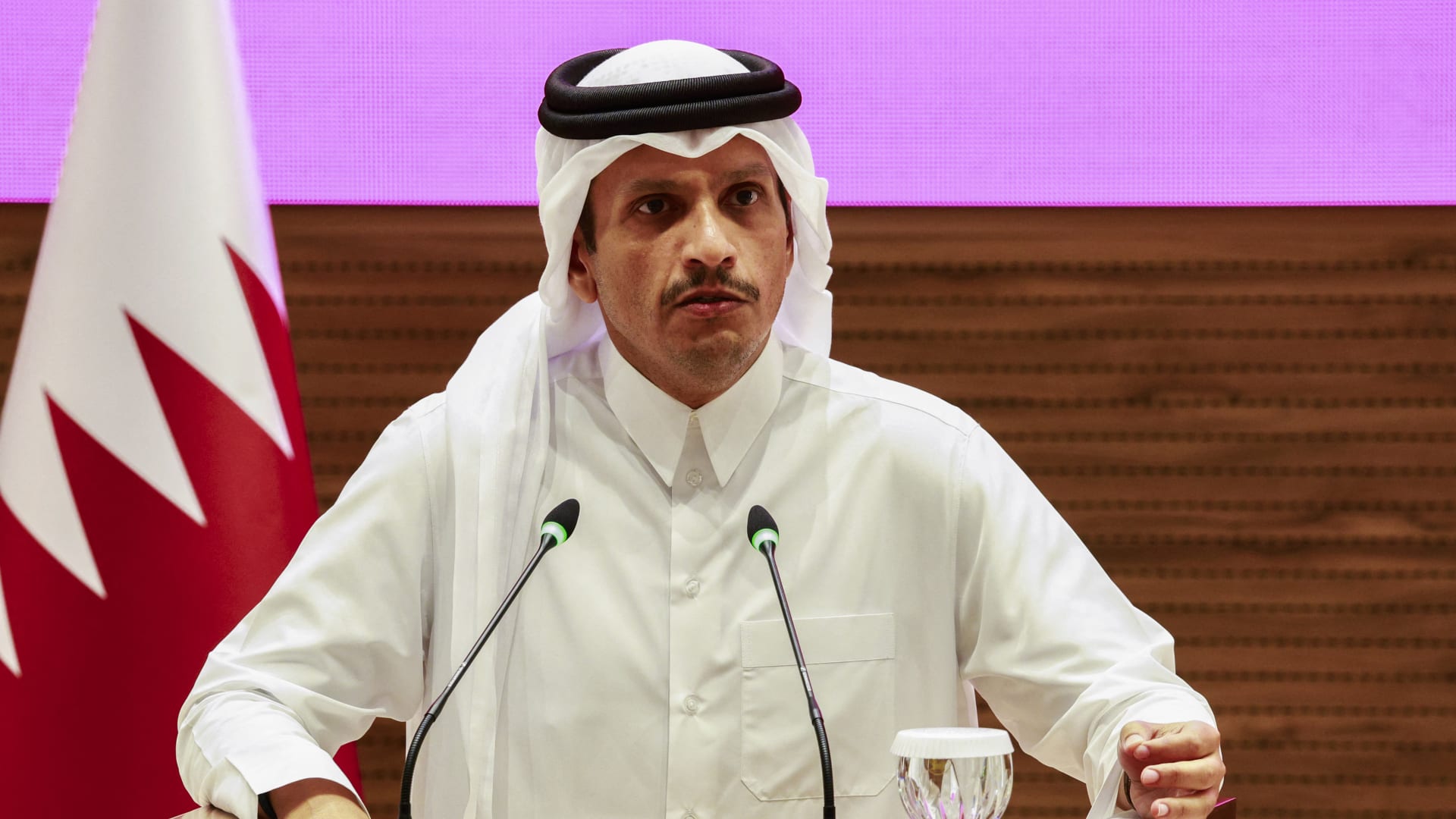
Qatar’s Position
Prior to the strike, Israeli leaks had suggested that “Tel Aviv” no longer wished for Qatar to continue its role as mediator and was looking to replace it with other parties.
Following the attack, Qatar's tone regarding its mediation role alongside Egypt shifted significantly, plunging the negotiation process into deeper uncertainty.
Qatar's Prime Minister and Foreign Minister, Sheikh Mohammed bin Abdulrahman al Thani, stated, “We are currently reassessing everything about the entire process, because this matter, the targeting of a mediator, is completely unacceptable.”
Speaking in an interview with The Globe and Mail on September 10, he added, “We are in a very detailed conversation with the United States' government, and we need to understand what will be the way forward.”
According to Al-Estiklal, al Thani said, “This is not just an attack on our sovereignty and our country, it is an attack on the region as a whole. The Gulf Cooperation Council region, one of the United States' most important allies in the Middle East, is at risk.”
When asked whether the future of the talks was unclear at this stage, the Qatari Prime Minister replied, “Qatar [...] reserves the right to respond to this blatant attack.”
“I've been rethinking, even about the entire process for the last few weeks, that Netanyahu was just wasting our time,” al Thani added.
Although Hamas has confirmed the survival of its senior leadership, the exact condition of its officials remains unknown, and it is unclear whether some may have been injured.
Asked specifically about the status of Khalil al-Hayya, the head of Hamas in Gaza and its chief negotiator, al Thani said, “Until now... there is no official declaration.”
Al-Thani added that he believes “Israel’s” strike on Doha on Tuesday “killed any hope” for the hostages remaining in Gaza.
But the fallout did not stop there. Netanyahu has continued to escalate his rhetoric against Qatar, vowing to strike Hamas leaders again should their survival be confirmed, further undermining Doha’s role as a mediator and casting doubt over the entire negotiation process.
“I say to Qatar and all nations who harbor terrorists, you either expel them or you bring them to justice — because if you don’t, we will,” Netanyahu said.
As Israeli threats and warnings continued, Qatar announced it would host an Arab-Islamic summit on September 14 and 15 to discuss the Israeli attack on its territory.
According to Al Jazeera, “We are hoping for something meaningful that deters Israel from continuing this bullying,” Sheikh Mohammed added, accusing Israeli Prime Minister Benjamin Netanyahu of leading the region into “chaos”.
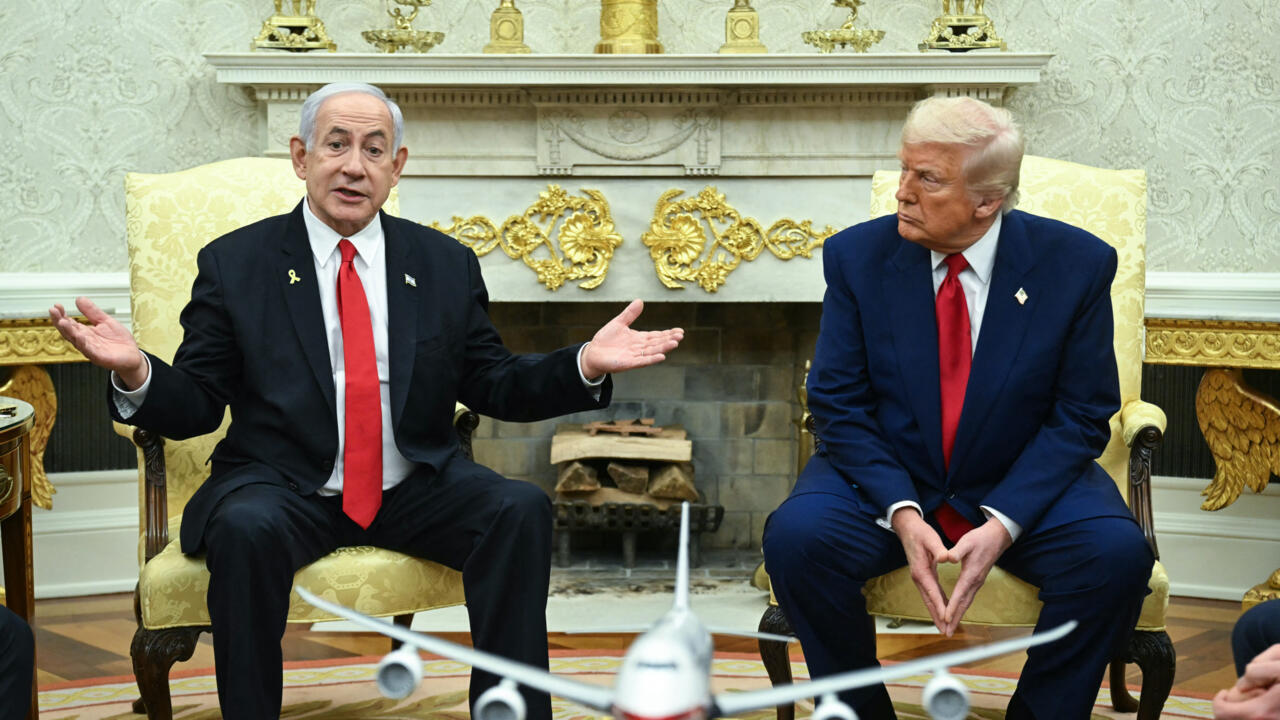
Ongoing Coercion
For 23 months of aggression against Gaza, “Israel” has consistently sought to discredit Qatar’s role as a mediator, accusing it of bias towards Hamas and supporting its position.
In May 2025, Netanyahu attacked Doha in a post on the Prime Minister’s official account on X, saying, “The time has come for Qatar to stop playing both sides with its double-talk and decide if it's on the side of civilization or if it's on the side of Hamas barbarism. Israel will win this just war with just means.”
Netanyahu’s repeated accusations come despite the fact that efforts by Qatari and Egyptian mediators led to two ceasefires, in December 2023 and January 2025, and the release of more than 130 Israeli prisoners.
Following the ceasefires, “Israel” reneged on the agreements and resumed its war, committing acts described as genocidal, and imposing a blockade that has left more than 2.4 million people in Gaza starving.
Citing “a lack of the necessary seriousness to end the war and the ongoing suffering of civilians amid catastrophic humanitarian conditions in the Strip,” Qatar announced in November 2024 that it would temporarily suspend its role as mediator between Hamas and “Israel.”
At the time, Qatar’s foreign ministry spokesman, Majed al Ansari, stressed that Doha would not accept mediation being used as a tool for blackmail.
Dr. al-Ansari stressed, in a statement to Qatar News Agency (QNA), that “the State of Qatar will not accept that mediation be a reason for blackmailing it, as we have witnessed manipulation since the collapse of the first pause and the women and children exchange deal, especially in retreating from obligations agreed upon through mediation, and exploiting the continuation of negotiations to justify the continuation of the war to serve narrow political purposes.”
Netanyahu has set out five conditions for ending the war: disarming Hamas, returning all prisoners, dead or alive, demilitarizing Gaza, Israeli security control over the Strip, and establishing a civilian administration independent of both the Islamic movement and the Palestinian Authority.
Before the targeting of Hamas leaders in Qatar, Trump, a key ally of “Israel,” spoke about a new proposal presented to the movement.
According to Israeli Channel 12, the proposal calls for the simultaneous release of all Israeli prisoners and the freeing of hundreds of Palestinian detainees from Israeli jails.
It also includes halting plans to occupy Gaza City and entering negotiations to end the war, with a guarantee from Trump that “Israel” would not return to conflict as long as talks continue.
Recently, “Israel” has been considering relocating ceasefire and prisoner exchange negotiations with Hamas to the United Arab Emirates or a European country, according to Channel 12 on August 24, 2025.
Behind the scenes, political discussions are underway to select a new venue for the talks, replacing Qatar or Egypt.
Options under consideration include a European capital or the UAE, which Israeli Minister of Strategic Affairs Ron Dermer recently visited, taking part in discussions on the matter.
On August 19, the Israeli public broadcaster revealed that Dermer, accompanied by a high-level delegation, made a secret visit to the UAE, which normalized relations with “Israel” in 2020.
The visit reportedly involved meetings with Emirati officials covering the war in Gaza, security issues, and political relations between the two sides. Dermer’s office declined to comment, stating, “We will not respond.”
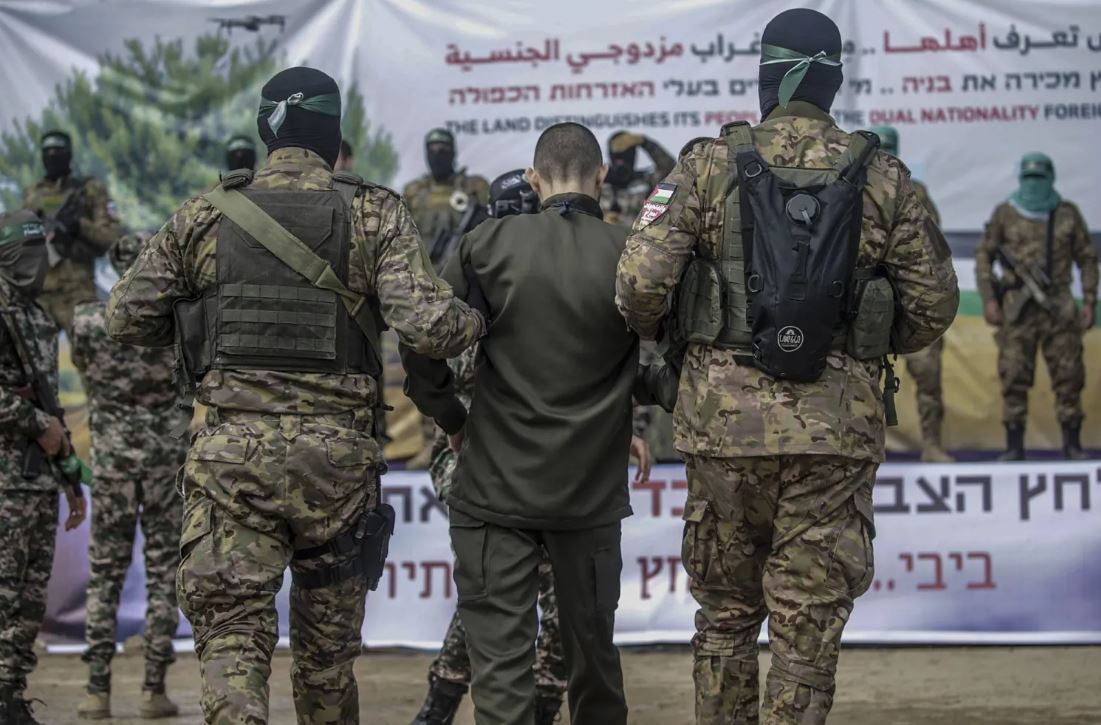
The Future of Mediation
Regarding the future of the negotiations, The Atlantic suggested that the fate of senior Hamas leaders targeted in a surprise Israeli raid in Doha remains unknown, but the Trump mediation proposal they were meeting to consider has most likely ended.
On September 10, the magazine quoted former U.S. ambassador to Qatar Dana Shell Smith saying, “When one party bombs the negotiating team of the other party, it’s hard to see a path forward.”
It noted that Qatar, which hosted Hamas’s political leaders for years at the request of the United States and has been an indispensable mediator in ongoing talks to end the war, appeared unusually angry in its condemnation of the Israeli strike.
For that reason, it is believed that even if peace talks continue, it is unlikely Qatar will play a mediation role after the Israeli missile attack on its territory.
Israeli officials speaking anonymously agreed with Smith, confirming they saw no strategic benefit in an operation that almost certainly signals that hostages in Gaza will not be released anytime soon.
A former Mossad intelligence officer described the timing as “political and stupid.”
According to The Atlantic, “The families of those hostages still in Gaza—alive or dead—will be left to wonder why Netanyahu took such drastic action when it appeared only days ago that negotiations might pay off. Indeed, Hamas leaders were meeting in Doha to consider the latest proposal that President Donald Trump had put on the table, which envisioned a hostage release.”
“Officially, the Qatari government has not abandoned its role as a mediator between Israel and Hamas. But Prime Minister Sheikh Mohammed bin Abdulrahman al-Thani left little doubt that his government cannot view Israel as a trustworthy partner.”
The Atlantic also quoted a U.S. official saying the Israeli strike could end ongoing White House efforts to secure a ceasefire.
Some senior aides to President Trump believe the attack may have been deliberately intended by Netanyahu, especially as Israeli Occupation Forces prepare to invade Gaza City.
The Atlantic Council website quoted its researcher Ahmed Khatib saying the decision to target Hamas’s political leadership “may signal that Israel no longer believes there will ever be a viable cease-fire and hostage deal in Gaza.”
Jennifer Gavito, a non-resident senior fellow at the Scowcroft Middle East Security Initiative and former U.S. Deputy assistant Secretary of State for Near Eastern affairs, said “Israel launched strikes targeting senior members of Hamas’s political leadership in Doha, Qatar. What’s next for Israel’s campaign against Hamas? And how will Qatar, a key mediator between Israel and Hamas, respond to the attack?”
“Peace can only be achieved through negotiations to bridge gaps and resolve all outstanding issues,” Gavito added.
Former officials and experts familiar with the Israeli government’s thinking told the New York Times the strikes in Qatar aimed to revive long-stalled negotiations with Hamas.
However, Hamas has long shown that the assassination of its leaders does not soften its stance. Earlier in the war, the movement rejected Israeli demands to surrender, even after the deaths of senior officials and leaders.
Sources
- What Drove Israel’s Brazen Attack on Hamas in Qatar
- Israel just struck Hamas leadership in Qatar. What’s next?
- When You Try to Kill the Negotiators, Negotiations End
- Report: Next Gaza ceasefire talks could be held in UAE or Europe
- The Fate and Whereabouts of Khalil al-Hayya: Qatar’s Prime Minister Responds to CNN Interviewer and Reveals Details About the Strike’s Victims [Arabic]
- Qatar Temporarily Suspends Its Mediation Between Hamas and Israel [Arabic]


